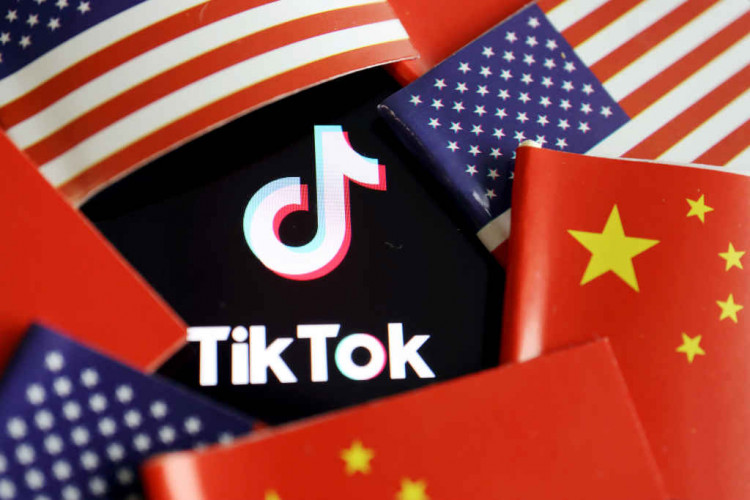President-elect Donald Trump is reportedly exploring measures to prevent a nationwide ban on TikTok, signaling a stark reversal from his earlier stance on the popular Chinese-owned video app. The move comes as the platform faces a potential shutdown on January 19 under a federal law requiring its parent company, ByteDance, to divest TikTok due to national security concerns.
Florida Rep. Mike Waltz, Trump's pick for national security adviser, confirmed the discussions in an interview on Wednesday. "We're going to find a way to preserve it but protect people's data," Waltz told Fox News. He also hinted at the possibility of an executive order to delay the ban, providing time to negotiate a resolution. "He's a deal maker. I don't want to get ahead of our executive orders, but we're going to create this space to put that deal in place."
This development follows a report in The Washington Post that Trump is considering issuing an executive order to suspend enforcement of the ban for 60 to 90 days. The proposed delay would allow the administration time to explore alternative solutions, including a potential sale of TikTok's U.S. operations or enhanced data security measures to address concerns about Chinese government access to user data.
The Supreme Court is currently deliberating on the legality of the bipartisan statute that mandates ByteDance's divestment. Early indications suggest the Justices may uphold the law, which would result in a ban on TikTok downloads in one of its largest markets.
Trump's evolving position on TikTok has drawn considerable attention. During his first term, he sought to ban the app outright over national security fears. However, during his 2024 presidential campaign, Trump joined TikTok and leveraged the platform to connect with younger voters. His campaign credited the app's viral nature with boosting his appeal among youth demographics. He even pledged to "save TikTok" during his campaign, framing the platform as a vital tool for communication and engagement.
Despite these developments, there remains significant uncertainty surrounding the app's future. Trump's incoming attorney general, Pam Bondi, declined to clarify during a Senate hearing whether she would enforce the ban if it remains unresolved. This ambiguity has only heightened speculation about the administration's next steps.
Meanwhile, current administration officials have reportedly considered options to defer the decision on TikTok's ban until Trump assumes office. An unnamed official told NBC News, "Americans shouldn't expect to see TikTok suddenly banned on Sunday," suggesting a preference to leave the contentious issue for the incoming administration.
The potential ban has drawn sharp criticism from TikTok's parent company, ByteDance, as well as app users and content creators, many of whom have mounted legal challenges to the statute. Advocates argue that the app is an essential platform for free expression and creative engagement, while detractors point to significant national security risks tied to its Chinese ownership.






